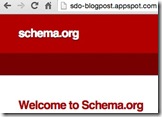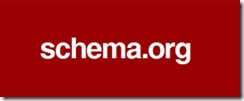Bibliographic Records in a Knowledge Graph of Shared Systems
My recent presentations at SWIB23 (YouTube), and the Bibframe Workshop in Europe, attracted many questions; regarding the how, what, and most importantly the why, of the unique cloud-based Linked Data Management & Discovery System (LDMS) we developed, in partnership with metaphacts and Kewmann, in a two year project for the National Library Board of Singapore (NLB). Several of the answers were technical in nature. However, somewhat surprisingly they were mostly grounded in what could best be described as business needs, such as: Let me explore those a little… ✤ Seamless Knowledge Graph integration of records stored, and managed in separate …





